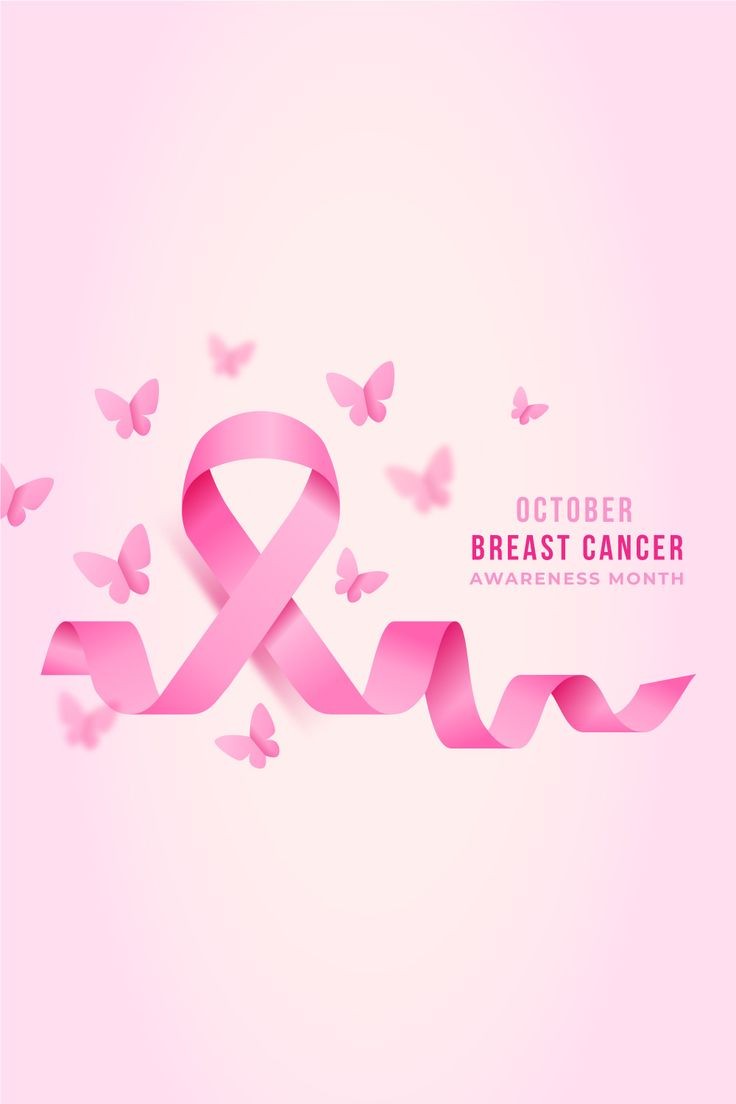Cut your miscarriage risks
A miscarriage invariably causes shock and distress, yet a staggering one in five pregnancies end this way. Miscarriage is a sad end to many pregnancies. We look at causes of miscarriage and give you advice on ways to cut risks.
A miscarriage, known in medical terms as spontaneous abortion, is the loss of a foetus before it is sufficiently developed to survive, which means any time up to 28 weeks. The majority of miscarriages take place in the first trimester that is before 14 weeks. They often happen at eight or 12 weeks, when a period would have come if you were not pregnant. Miscarriage during the second phase of pregnancy is far less common.
Many miscarriages may go unnoticed because they occur before even a woman suspects she may be pregnant. Telltale signs are a period that is a little late and heavier than normal. Most miscarriages start with bleeding and period-like pains in the lower back and stomach. Any bleeding or spotting during the first 28 weeks is called threatened miscarriage, but it does not mean you will necessarily lose the baby.
If you have a threatened miscarriage the doctor will advise you to take it easy with lots of rest and always put your feet up when resting. You will also be advised to avoid having intercourse for a few days until the bleeding stops. However, if the cervix starts to dilate you may be powerless to prevent a miscarriage.
A late miscarriage is caused by a weak or ’incompetent’ cervix, which relaxes when it should not. Such weakness may be the result of a previous termination of pregnancy carried out before the twelfth week, or a previous difficult labour. If you have an incompetent cervix, the doctor may recommend stitching up the cervix during any subsequent pregnancy to avoid miscarriage. The stitch is removed close to delivery or when the threat is no longer there.
It is often impossible to pinpoint the cause of a miscarriage. There is no evidence that arguing with your partner, being stressed, slipping on the staircase, vigorous exercise, being overtired or having an overactive sex life will make you miscarry. A plausible and consoling explanation is that the embryo is in some way defective and would not have survived birth. In other words, it is nature’s way of doing its work through a natural secretion.
More women than usual miscarry in early pregnancy during epidemics such as flu and stomach bugs, suggesting that fever coupled with a high temperature can increase the risk of miscarriage before 16 weeks. So it is important to avoid becoming run down and more susceptible to infection when you are pregnant. Certain forms of food poisoning may also harm the foetus and precipitate a miscarriage.
Spontaneous abortion may occur if the woman has untreated pelvic inflammatory disease (PID). Symptoms include marked tenderness of the uterus and lower abdomen, chills, fever and a low white blood cell count. PID needs to be treated with antibiotics so you must see a doctor for diagnosis and prescription. A septic miscarriage may follow an induced abortion where conditions have been unhygienic or may be due to genito-urinary infection or sexually transmitted diseases.
It is natural for the risk of miscarriage to increase as you get older. Some studies say that chances of miscarriage double between the twenties and early thirties, then double again between the early and late thirties. This may be because chromosomal abnormalities such as Down’s Syndrome become more common with age. Lifestyle habits such as cigarette smoking, taking hard drugs and drinking alcohol may also place the foetus at risk.
For most women, miscarriage is a one-off tragedy, but for a few others it is a recurring thing. Any woman who has three or more miscarriages is said to be suffering from recurrent or habitual miscarriage and her chances of having another is 50-50. This may be due to some physical problem such as an inadequate production of progesterone or defect in the uterine lining, which prevents the implantation of the fertilised egg. The doctor may advice various investigative procedures to get to the root of the problem and have it dealt with.
To prevent miscarriages doctors give advice, which focuses on improving overall health of a woman wishing to have a baby. It is therefore important to consult a gynaecologist if you are planning to have a baby. The doctor will look at your nutritional status, assess your level of toxins such as lead in your body, test for allergic reactions and give you advice geared to your individual needs.
Women who miscarry often have low levels of minerals, particularly zinc and magnesium, high tissue loads of toxins such as lead and cadmium or a undiagnosed genito-urinary infection such as Chlamydia. If you are planning on having a baby, the doctor will advise you to give up smoking, taking drugs including over-the-counter drugs such as painkillers, and alcohol, come off the pill as it reduces zinc levels and eat fresh wholesome foods for at least six months before planning to conceive.
Self-nurturing steps
Indulge in nutrient-packed foods. Never skimp on calories or try to lose weight, especially in the early stages of pregnancy. Ensure your diet is healthy and rich in all nutrients. Eat lots of fruits, vegetables and pulses, and cut down on sugar and fat.
Prevent food poisoning by avoiding foods such as ripened soft cheese and ready-cooked meats, which are associated with listeria, as well as all raw meats, especially chicken, which have been linked to outbreaks of salmonella and toxoplasmosis. Also avoid eating in unhygienic places such as open-air food kiosks and ensure your food is well cleaned, especially salads. Observe hygiene when preparing food and always wash your hands before eating.
Learn and practice some form of relaxation to ease anxiety, such as yoga, meditation, mild exercise or relaxing in a warm scented bath.
Listen to your body. If you feel tired, rest for an hour in the afternoon and have an early night. Do not push yourself if you are feeling tired. Take a break until you have regained your energy levels.
Published on February 2013




